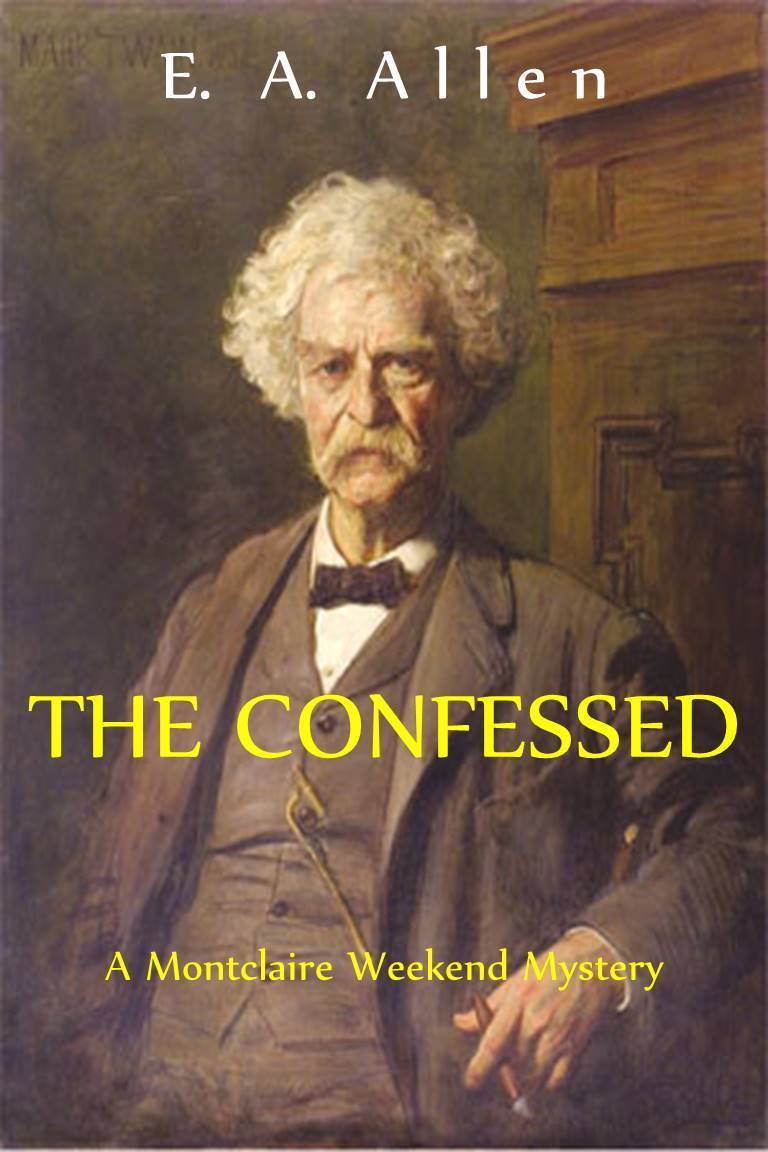
The Confessed: An Edwardian Mystery (Montclaire Weekend Mysteries Book 2) PDF
Preview The Confessed: An Edwardian Mystery (Montclaire Weekend Mysteries Book 2)
Why do Mark Twain and the widow of England's most famous explorer want Gerard de Montclaire to investigate the murder of a retired French General?
Montclaire is of course France's most talented and famous detective of the Belle Epoque, so it is hardly surprising that anyone should apply to him for help.
It is fall 1906, and the renowned soldier and hero of Sedan, General Philip Beaulieu, has been killed in his own library--a bullet through his heart at close range. The Minister of Justice begs Montclaire to take on the investigation, as the Republic's Examining Magistrate. As do Lady Dorothy Stanley, widow of Sir Henry M. Stanley, and with her, the American writer Samuel Clemens
Montclaire at first has no taste for the problem. He detested Beaulieu, who had sullied his reputation by getting mixed up in the atrocities of The Congo Free State. But, Montclaire puts aside his personal feelings and agrees. He and his associate Sir Francis FitzMaurice are soon drawn into a complex web of greed, revenge, and international intrigue, as they hunt a clever and sadistic killer who is able to mobilize the resources of the entire Paris underworld against them.
In a mystery worthy of the great Sherlock Holmes himself, Montclaire finds himself with too many suspect. They can't all be the killer, or are they?
**
